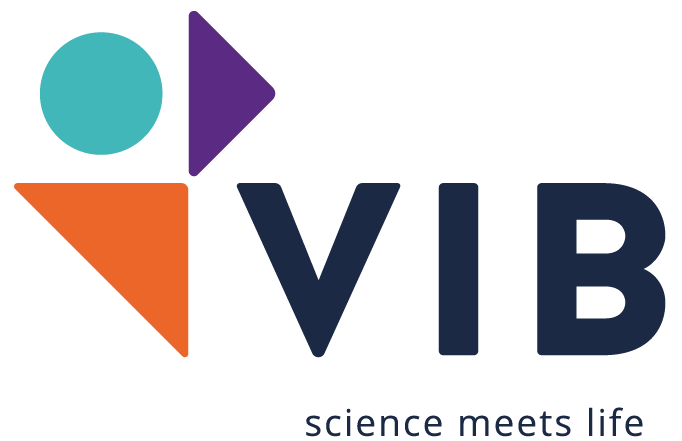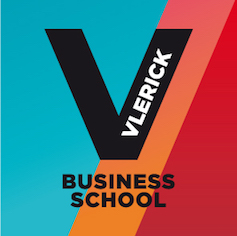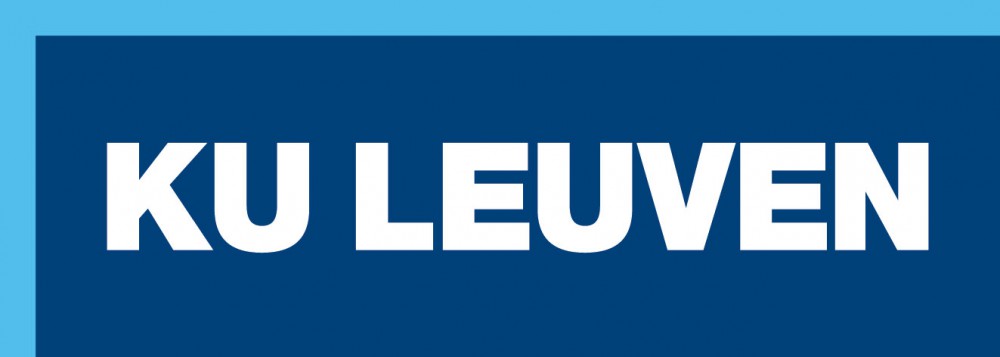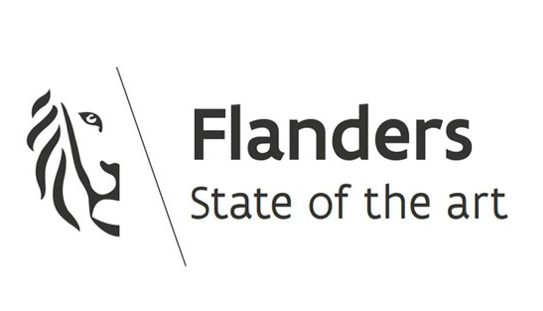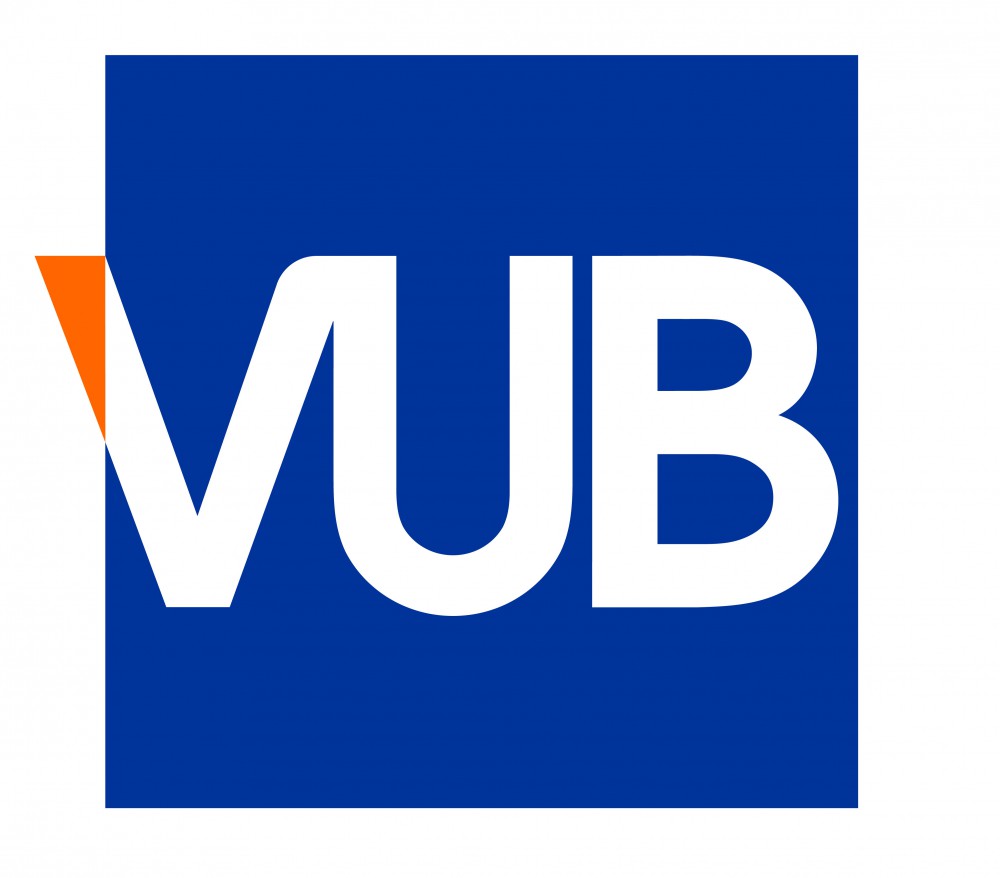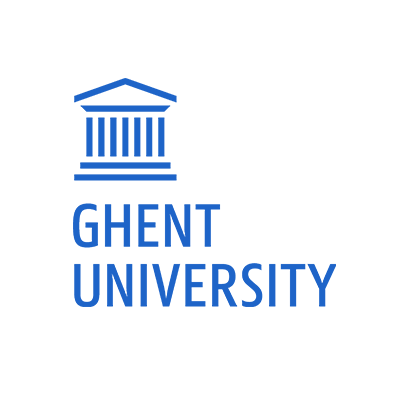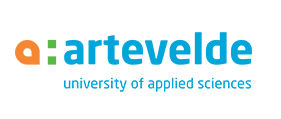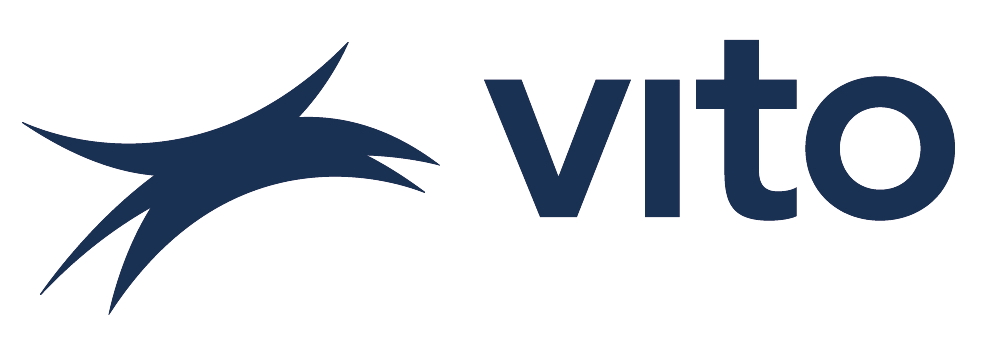How do my genes describe me and my health?
Why do some people get a cold every month, while others seem immune, even in the wintertime? 🤧 "The answer lies in our genes," says Alejandro Correa Rojo. "Each of us carries a unique genetic code, that can tell how you will respond to a disease." After studying the DNA of thousands of people, Alejandro developed a Genetic Risk Score. This single number tells how you are at risk for a specific disease compared to others. Find out more in the video.
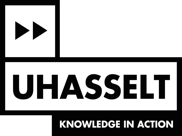
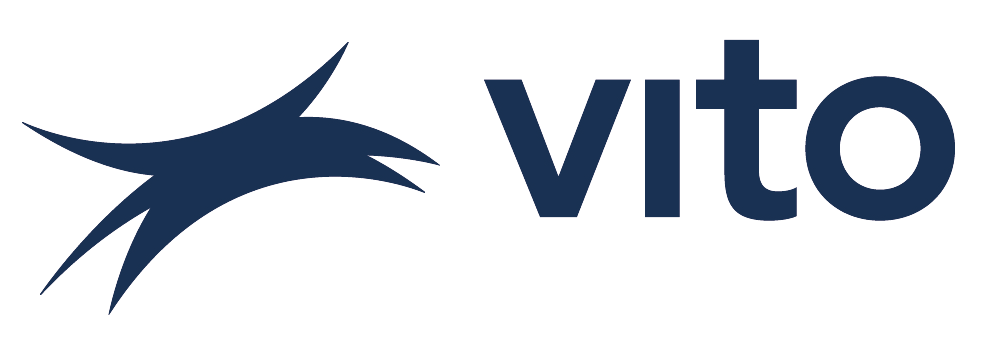
About us
Science Figured Out lures scientists out of their trusted lab or office space and places them in front of a camera with a clear task: inform the general public in a clear 3-minute pitch about your research!
The project is an initiative of the non-profit SciMingo
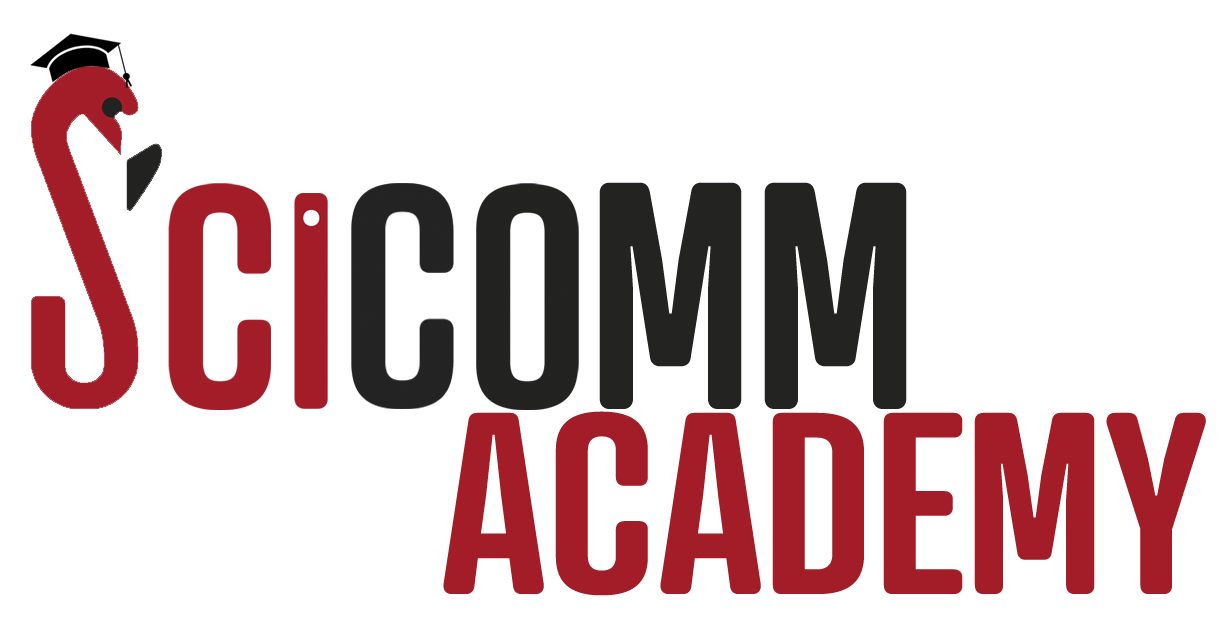
Do you want to record a Science Figured Out movie about your research?
Follow the video & pitch course via our SciComm Academy
Search videos

VITO
Monitoring drinking water sources
Where does the clean, potable water flowing from our taps actually come from? "In Flanders, we extract our drinking water from various raw water sources, such as underground reserves, canals and rivers. This water is then thoroughly purified by drinking water companies so that it is safe for consumption," explains VITO researcher Joni Dehaspe. She explains why it is important to continuously monitor raw water quality in real time.
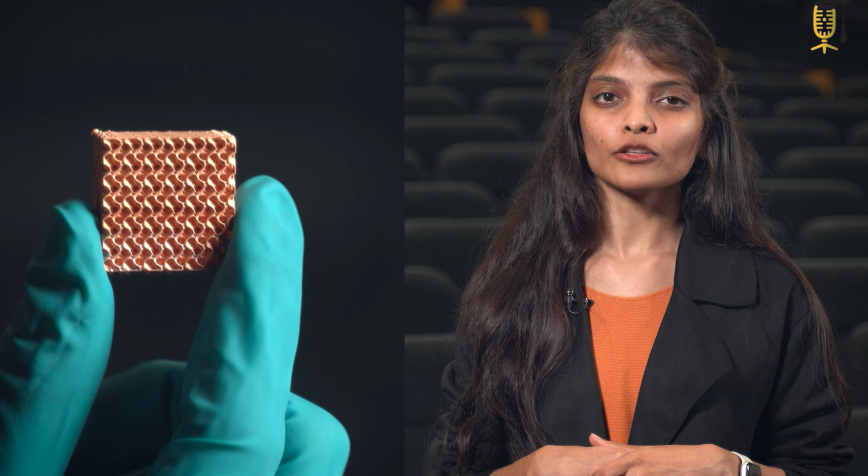
KU Leuven
VITO
Keeping it cool with 3D printing
Every machine, from your phone to rockets in space, heats up and needs to cool down. To keep your devices from overheating, heat exchangers and heat sinks play a crucial role in absorbing and dissipating excess heat. But how can we make these systems even better? Samanwitha Kolli is keeping it cool with 3D-printing technology!
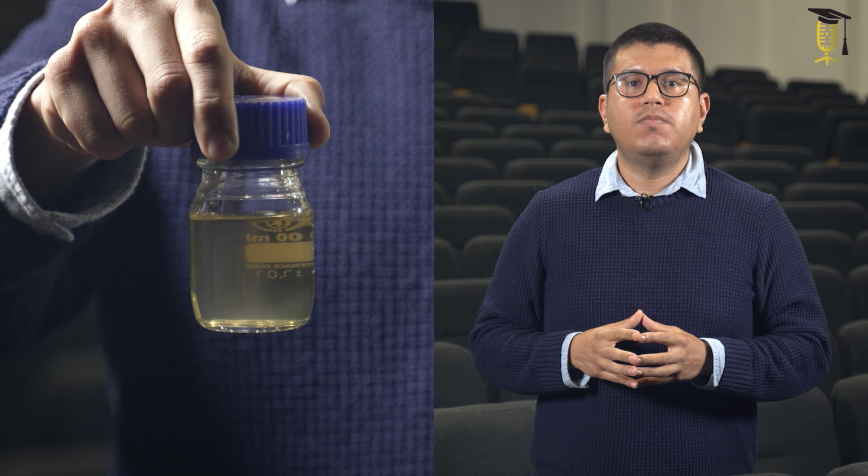
KU Leuven
VITO
Sustainable recycling of precious metals
Did you know that 1 in 4 products that surround you contains precious metals? Think about your phone, laptop, or car. "Since these metals are rare and expensive, we urgently need better ways to recycle them", says Omar Martinez (VITO - KU Leuven). His PhD has led to a breakthrough solution: he developed a new, sustainable method, called GDEx, which allows for the selective recovery of these precious metals, with nearly 100% efficiency.
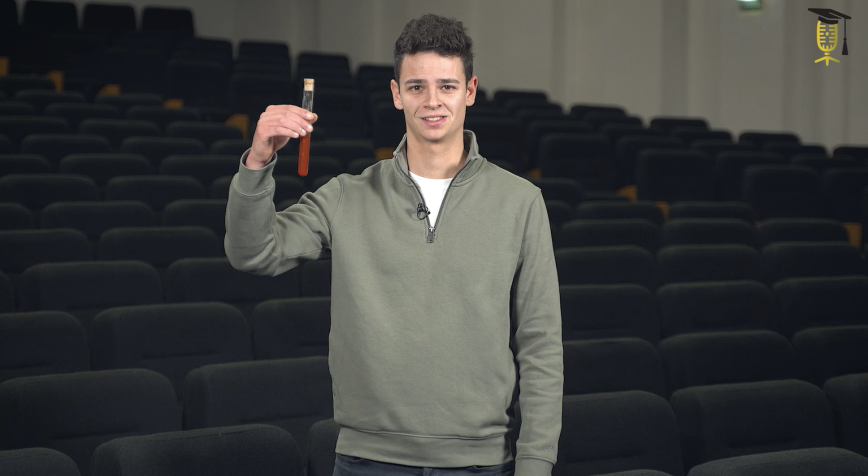
UHasselt
VITO
Unlocking the full power of biomolecules
Do you know what happens with your blood sample after a visit to the doctor for a check-up? Your blood sample undergoes testing for common biomolecules like cholesterol, glucose, or vitamin D. Modern technology allows for testing beyond these basics, generating vast amounts of data. Dries Heylen is developing visualizations and analytical techniques to help researchers make sense of this complex data, providing deeper insights into how specific biomolecules relate to diseases and which ones are crucial to monitor. Bloody genius, right?
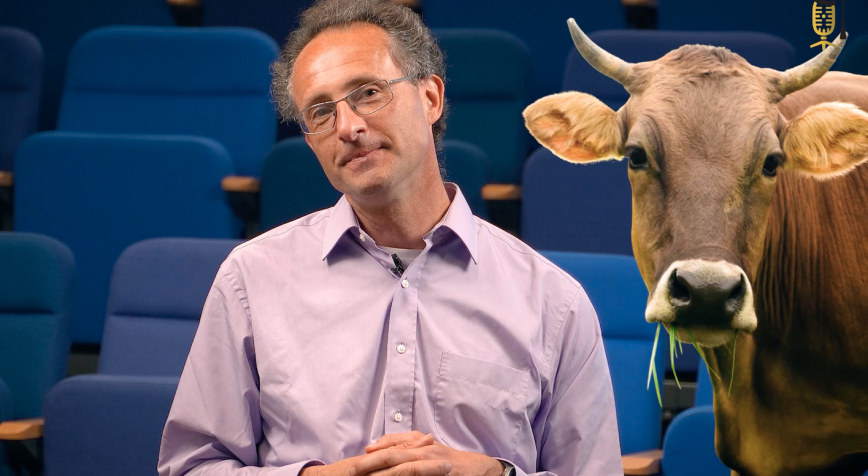
ILVO
Cows contribute to the climate solution
Cows burp - a lot. Those burps contain methane, a potent greenhouse gas that, like CO2, causes global warming. Can we make cows produce less methane? "Yes, by adjusting their feed," Nico Peiren (ILVO) explains in this video.
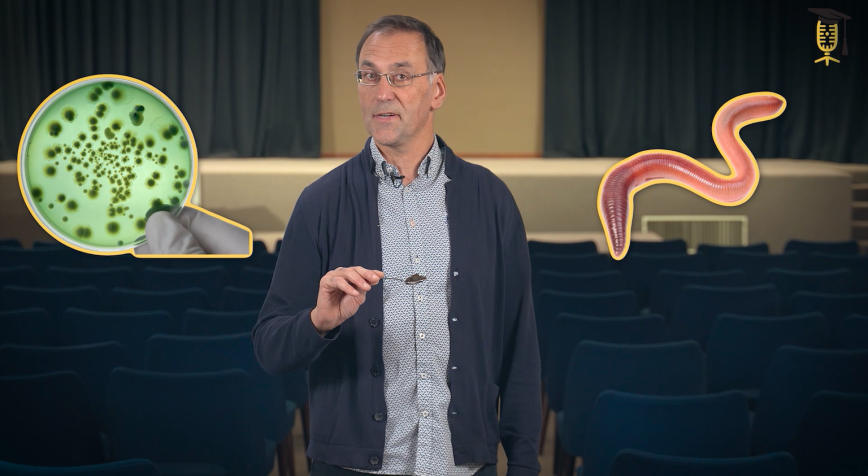
ILVO
Healthy soil for healthy crop development
For a farmer, a soil brimming with life, such as bacteria, fungi, and other organisms, is important for growing crops. But how do you get such a healthy soil? That's what Koen Willekens (ILVO) digs into in his research.




